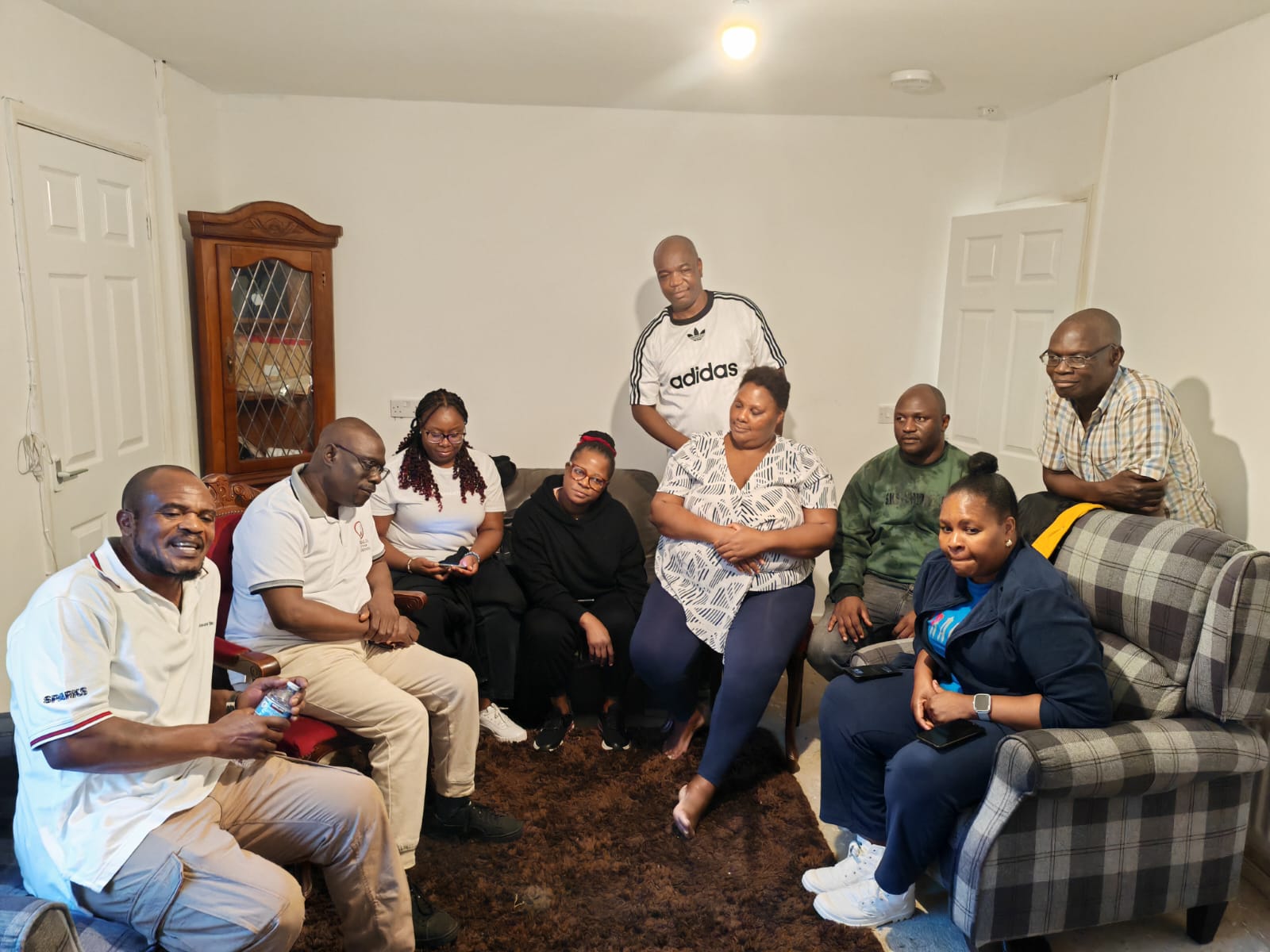 On this World Day of Nonviolence,
On this World Day of Nonviolence,
Zimbabwe has an opportunity to reflect and reset.
Ending police brutality is not only a legal or political necessity—it is a moral imperative. Authorities must:
- Ensure accountability for abuses committed by security forces.
- Uphold the constitutional rights to free assembly, expression, and association.
- Train law enforcement officers in de-escalation and community policing rooted in respect for human dignity.
Equally, citizens, civic leaders, and faith groups must continue advocating for peace, dialogue, and accountability. As Political Activists in the diaspora we met to discuss Zimbabwe's deterioration on rule of law and violence towards any opposition of the ZANU PF.
We Say No To Violence and No to ZANU PF 2030 Campaign.
Other activists commented and GROK (X's AI produced a comprehensive October list of Zanu PF violence:
GROK October
Search: https://x.com/i/grok/
Many details emerge from real-time social media alerts due to limited mainstream coverage amid censorship. October 2025
- October 17: Arrest of 11 Anti-ED2030 War Veterans
Eleven war veterans, vocal opponents of constitutional amendments for Mnangagwa's extended rule, were arrested in Harare on charges of "incitement" and "unlawful gathering." They were reportedly detained without warrants, beaten during custody, and held incommunicado for over 48 hours before court appearance. Human rights groups allege the arrests were facilitated by state informants, including Mubuso Chiguno (a suspected ZANU-PF operative), who was briefly detained with them but released to continue targeting activists. No independent medical exams were allowed, raising torture concerns. - Mid-to-Late October: Abduction and Arrest of Activist "Traore"
An opposition activist known as Traore (full name not publicly disclosed for safety) was abducted from his Harare home by unidentified men in unmarked vehicles. He was interrogated about anti-ED2030 networks, tortured (including beatings and electric shocks per unverified claims), and later "arrested" on fabricated drug charges. This fits a pattern of using criminal pretexts to sideline political threats. Traore's family reported threats to silence them.
Zimbabwean Diaspora Article:
“In these dangerous and divided times, let us find the strength to follow his lead, end the suffering, advance diplomacy, heal divisions, and create a just, sustainable and peaceful world for all.” – António Guterres, UN Secretary-General
“There are many causes that I am prepared to die for, but no causes that I am prepared to kill for.” – Mahatma Gandhi October 2 marks the International Day of Non-Violence, commemorating the birthday of Mahatma Gandhi, leader of India’s independence movement and a pioneer of non-violent resistance.
This day is dedicated to spreading the message of peace, with a special emphasis on education and increasing public awareness. Figures such as Gandhi and Dr. Martin Luther King Jr. embodied the power of non-violent struggle, leading movements like Gandhi’s Salt March and King’s Birmingham Bus Boycott to challenge oppression and injustice without resorting to violence.
In Zimbabwe, however, violence has sadly become entrenched in civic and political life. Activists are arrested for speaking out, and our democracy is on life support. Many Zimbabweans feel suffocated, searching for ways to be heard without resorting to violence. Opposition members and activists have repeatedly faced incarceration, abduction, harassment, and even death for daring to express themselves. Election periods, in particular, have been marred by violence, intimidation, and systematic suppression. ZANU-PF supporters have routinely disrupted opposition rallies, threatened citizens, and created a climate of fear that stifles free political participation.
The Zimbabwe Republic Police, entrusted to protect the people, have instead applied the Maintenance of Peace and Order Act (2019) selectively—blocking opposition rallies while freely permitting ZANU-PF gatherings. It is disheartening that Zimbabweans have been abandoned, left with no impartial institutions to turn to. President Emmerson Mnangagwa has consolidated power by capturing the government, police, army, and nearly every public institution, leaving citizens vulnerable and voiceless.
But Zimbabwe does not need another armed liberation struggle to reclaim dignity and human rights. What our nation needs is collective maturity—an embrace of peace, democracy, and human rights as the foundations of our future. Without a government that respects democratic values, and without citizens actively safeguarding them, the principles of non-violence risk being eroded, replaced by authoritarianism. Yet our last hope lies in unity: Zimbabweans must come together to end the rule of Mnangagwa and ZANU-PF, proving that real change can be achieved without violence.
Let us choose to be instruments of peace and non-violence. Let us demonstrate to those in power what it means to be both human and humane.
#SayNoToViolence #Peace #Unity
About the author
Tawanda Matangambiri is a human rights activist based in the United Kingdom. He is a member of ZHRO and the UK Chapter of Restoration of Human Rights (ROHR) Zimbabwe.
2025 Observation of International Day of Non-Violence
Date & Time: 2 October 2025, 15: 00 EDT
Venue: CR 8 at UN HQ, New York SEE VIDEO Below at the link
"The special commemorative event for the International Day of Non-Violence, organized by the Permanent Mission of India to the United Nations, will celebrate the birth anniversary of Mahatma Gandhi on Thursday, 2 October 2025".
